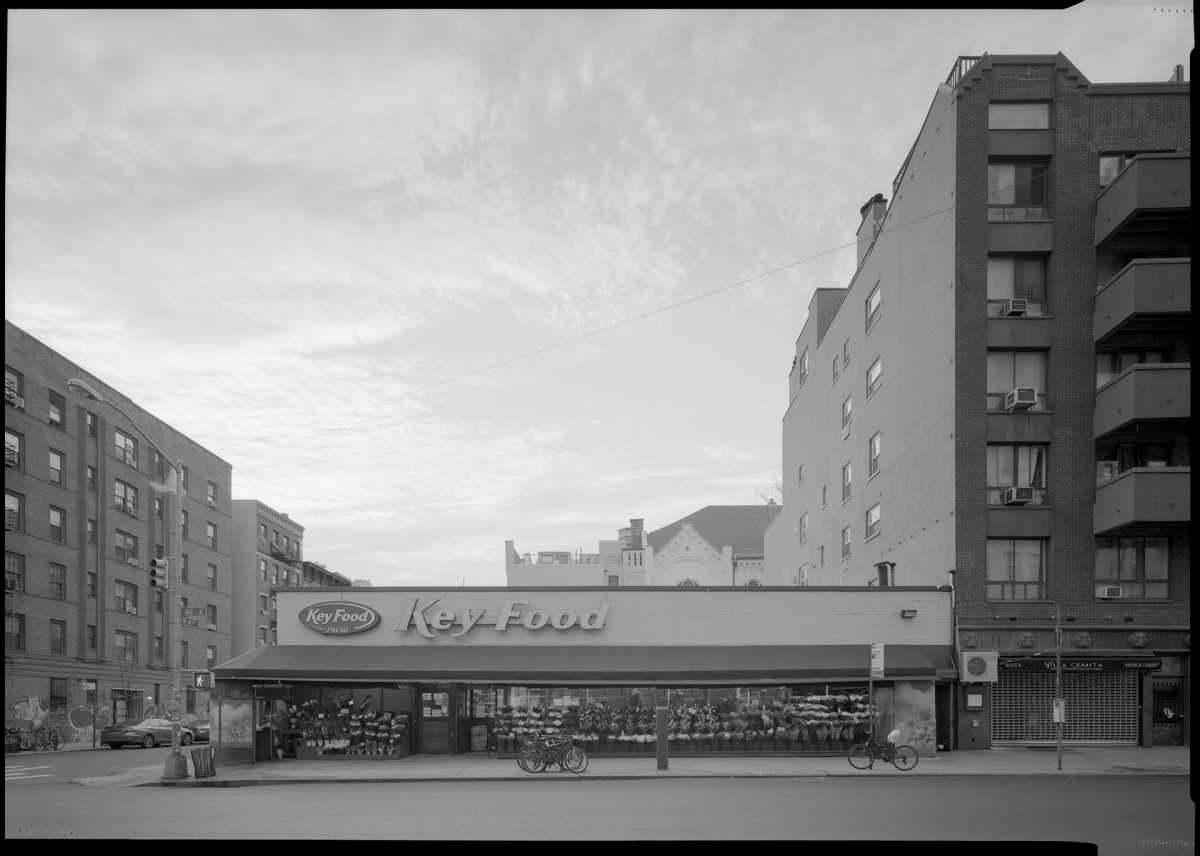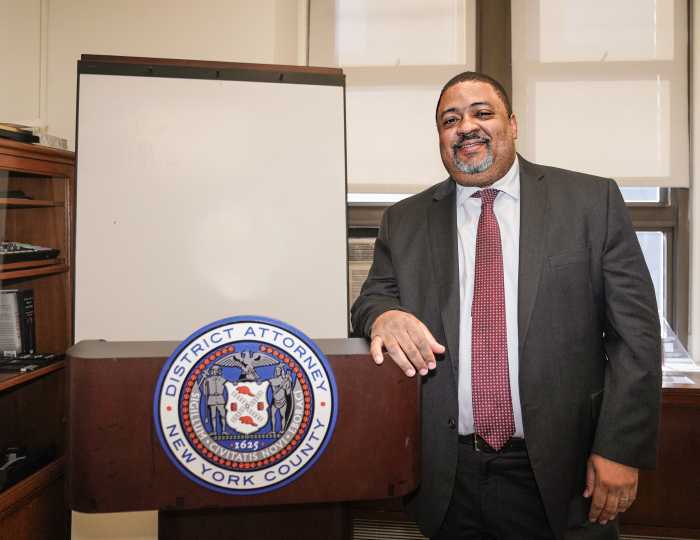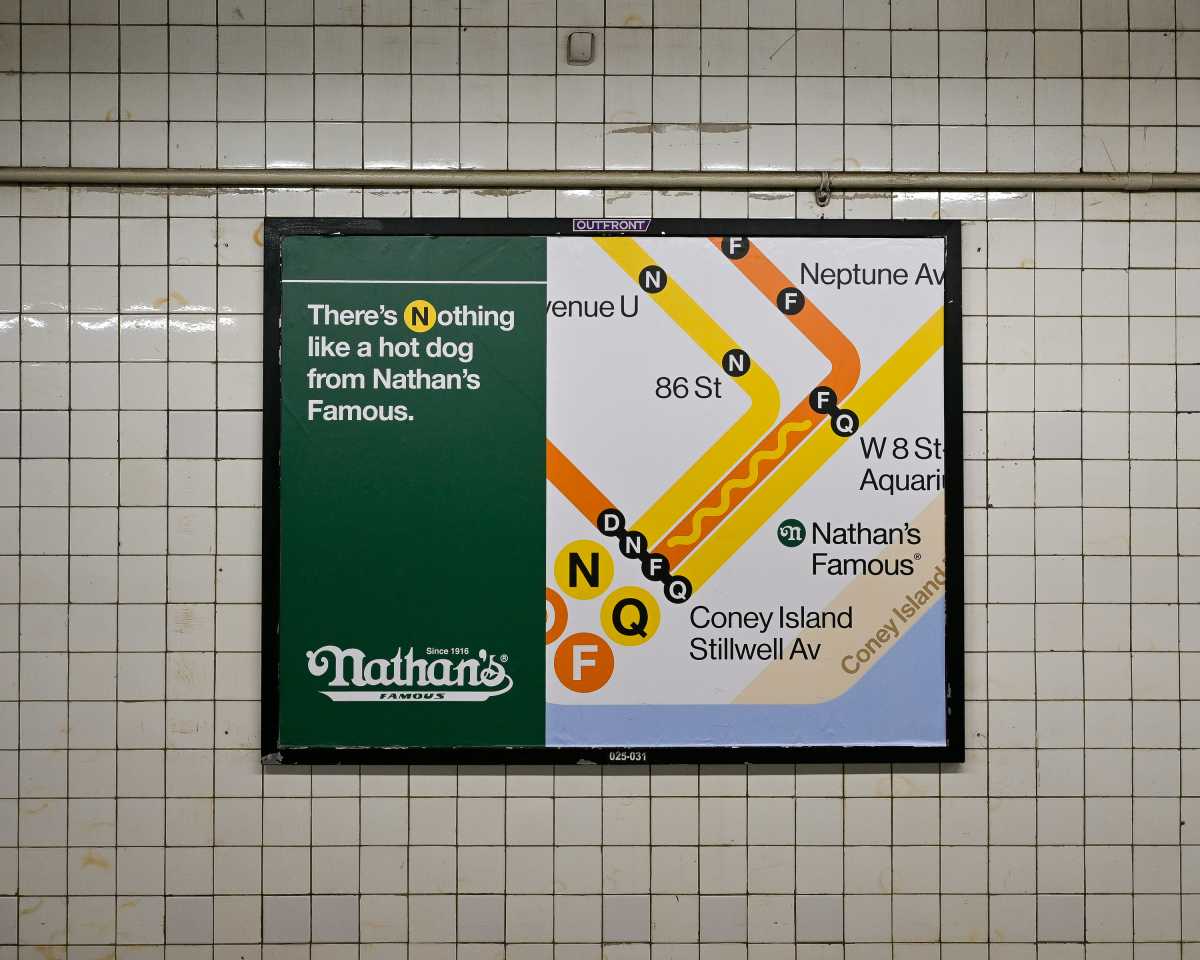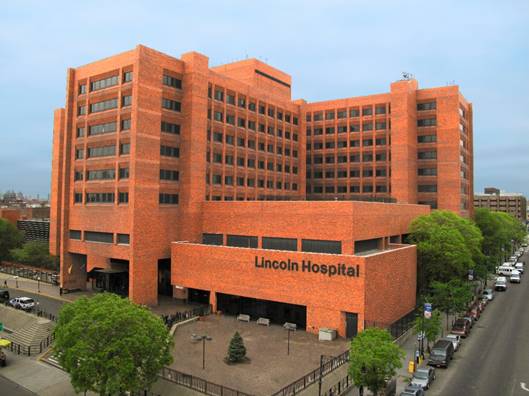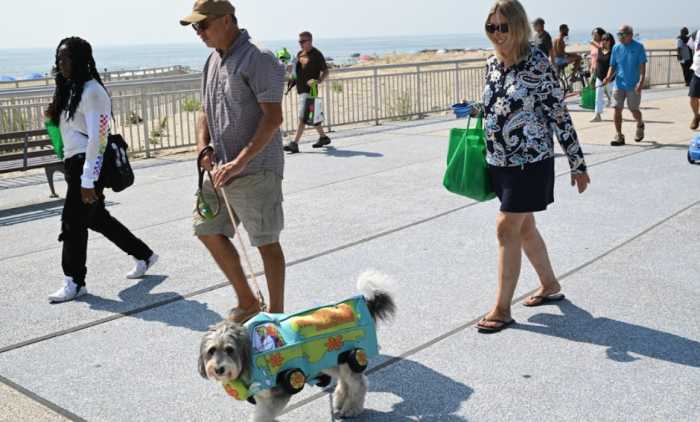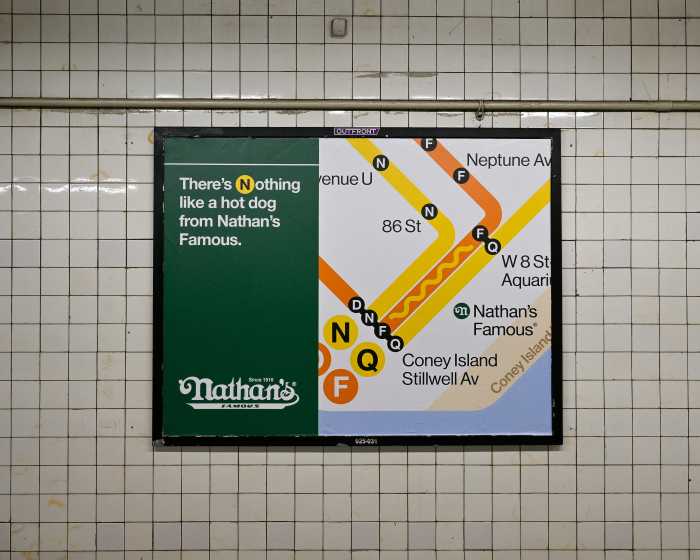As rapid development has swept through the East Village and Lower East Side in recent years, a photo exhibit explores the one-story buildings in the neighborhoods, a dying breed trying to hold on amid all the new construction.
“Single-Story Project,” by photographer Adam Friedberg, is showing in Greenwich Village at the Center for Architecture, at 536 LaGuardia Place. It includes 54 prints by Friedberg, a longtime East Village resident. The images are divided into categories, including storefronts, bars & restaurants, garages & warehouses, churches, and cultural & community buildings.
Friedberg said the origin of the project was visual. When he saw a collection of low buildings at St. Marks Place and Third Avenue, including the Continental bar and a McDonald’s, he thought it looked strange, “like a broken tooth,” he said.
“Visually it was very interesting to me,” he added. “The more I looked at it, I thought, ‘I don’t know why, but I should take a picture of this.’”
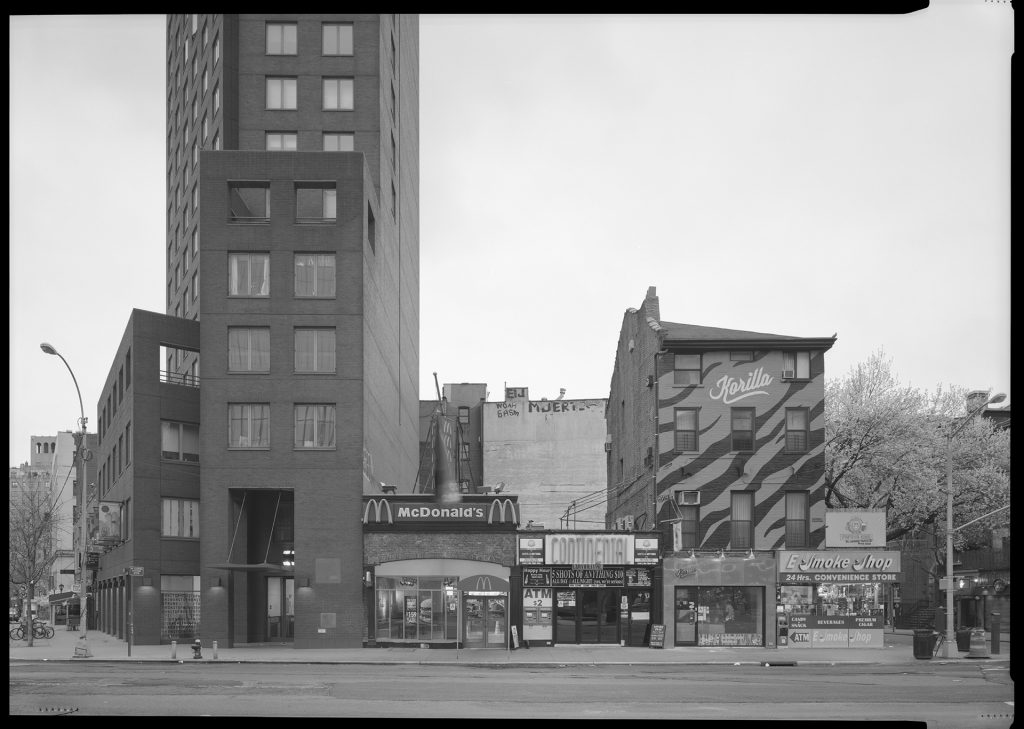
Those buildings have come down to make way for an office building. The disappearing small buildings would be a recurring theme of the project, with Friedberg noting that he lost the chance to shoot about 15 buildings because they were knocked down first.
After photographing that first corner at St. Marks, Friedberg noticed all the low buildings in the area. “It’s really weird that all these towers are going up because this area was always quite low,” he said.
He was encouraged by people he knew to keep working on the project. “I didn’t realize quite how many there were,” Friedberg said of the low buildings. “I just kept finding more and more.”
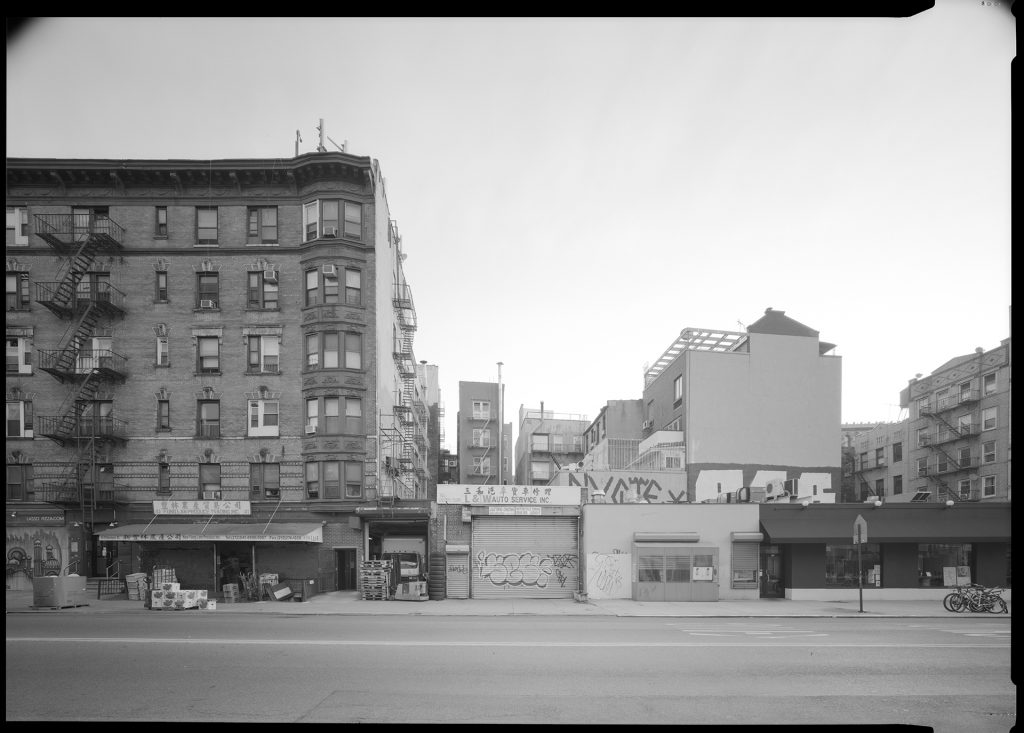
Along with trying to photograph buildings before they came down, another challenge was his insistence on taking photos with no people or cars blocking the buildings. He said viewers tend to look at people in photos, and he didn’t want the buildings to just become background.
He researched parking times, checked weather and construction and movie shoots, and even then there were always unpredictable issues that came up. He had to shoot some photos at 5 a.m. to get his desired effect.
The project took nearly five years and Friedberg photographed 97 buildings, and it was often the empty space above the structures that he found interesting. “Most of them are pretty bland,” he said of the buildings and their architecture.
Friedberg, 53, is from Wisconsin and first came to New York City around age 18, after moving to Connecticut for college. He first lived in the city on the Upper West Side but soon moved Downtown and has been there ever since, saying he feels most comfortable there.
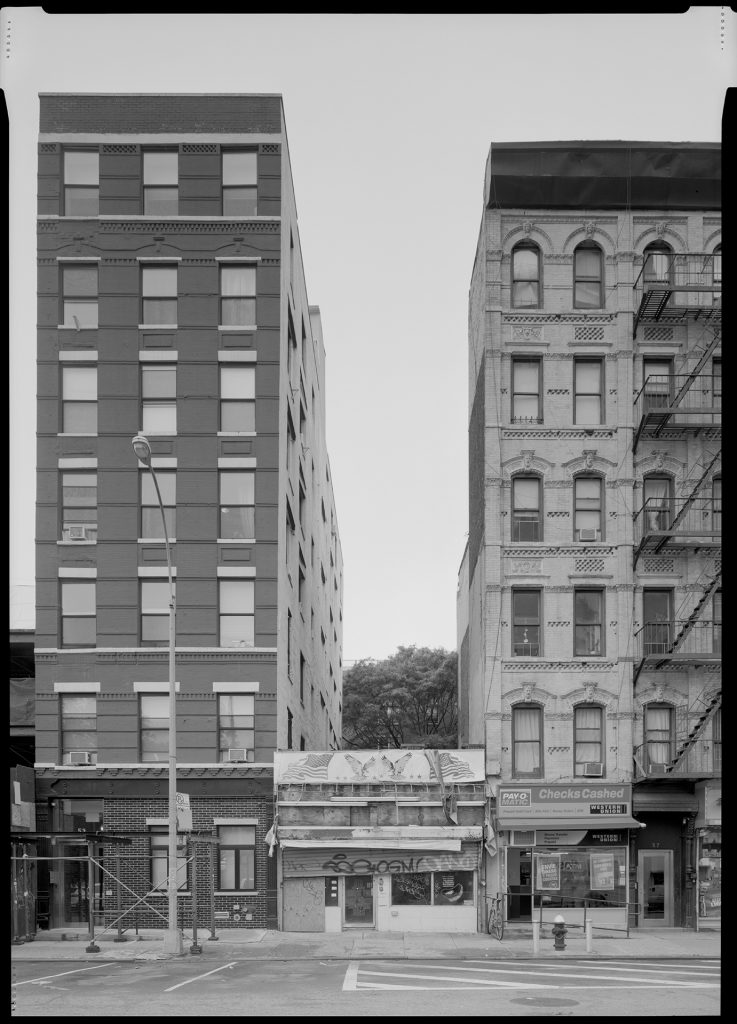
He doesn’t think of himself as a preservationist, and said he takes no side on issues of development in the area. “I’m not aligning myself to one side or the other,” Friedberg said. “Things are always changing.”
Friedberg said he often encountered business owners who saw him outside and hoped he was a developer looking to buy them out. He said they often told him they wanted to walk away, and that the city was making it difficult with tax laws. They were saying they can’t afford to stay in business, Friedberg noted.
Friedberg said reactions to his project have been positive.
“I think in general people are happy to see the pictures,” he said, and noted that since iPhones came along, many locals don’t look up too often anymore. “I think people just don’t notice these things.”
He also said there have been good reactions to his use of film without digital alterations.
“People like to see real photographs more than they may have realized,” he said. “Visually, everything we see now is retouched and very clean and perfect, and I think people like to see things that are slightly imperfect.”
The exhibit runs until February 29, 2020.



